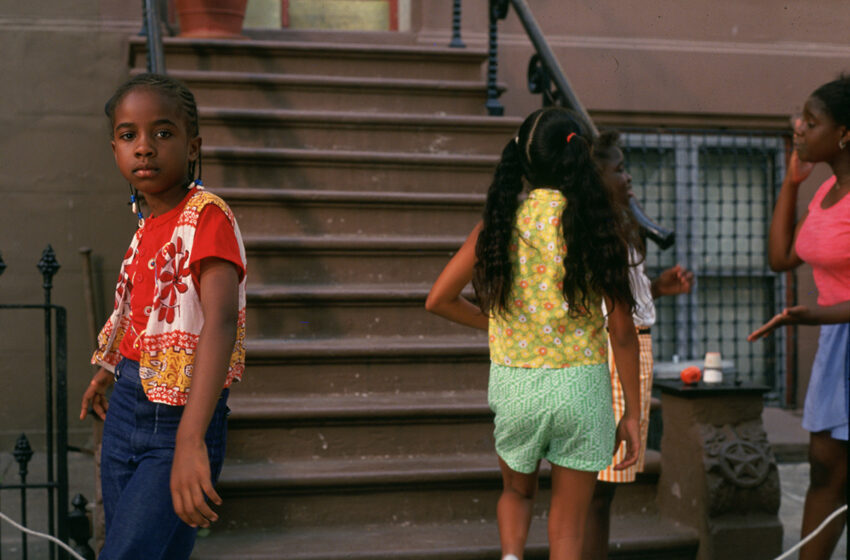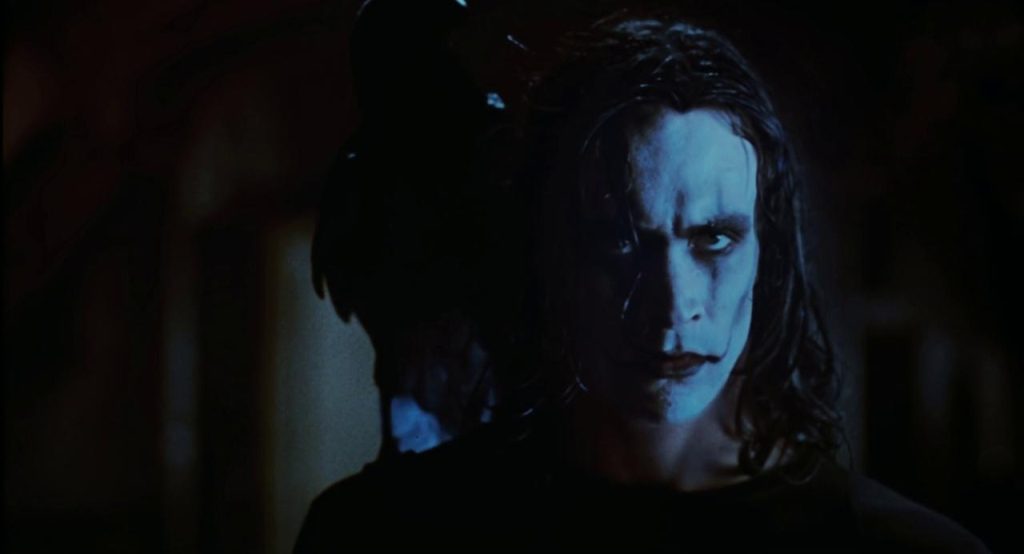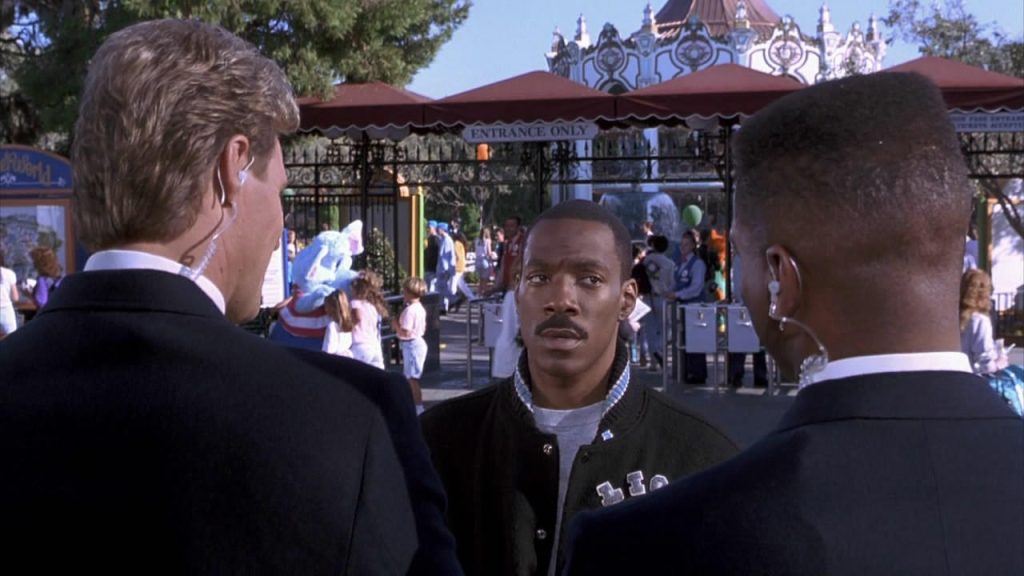
“Crooklyn” – 1994 – A Nostalgic Trip Down Memory Lane or a Rose-Tinted View – Film Review

Spike Lee’s 1994 film “Crooklyn” often gets lost in the shuffle when discussing the director’s prolific career. This semi-autobiographical film, co-written with his siblings Joie and Cinqué Lee, is a portrayal of family life in 1970s Brooklyn. While it offers an evocative slice of nostalgia, “Crooklyn” sometimes wavers under the weight of its rose-tinted retrospective, balancing precariously between heartfelt homage and a somewhat sanitized version of reality.
Narrative: A Family Portrait in Urban America
“Crooklyn” unfolds through the eyes of Troy (Zelda Harris), a young girl growing up in a vibrant, if chaotic, household with her four brothers, schoolteacher mother (Alfre Woodard), and musician father (Delroy Lindo). The film meanders through a series of vignettes that capture the essence of life in Brooklyn, marked by a soundtrack that’s as much a character as the family members.
However, the film’s narrative structure, or lack thereof, often feels aimless. It’s less a cohesive story and more a collection of moments. While these moments are rich in detail and authenticity, they sometimes struggle to coalesce into a narrative that fully engages the viewer.
Behind the Scenes: Crafting a Personal Vision
The production of “Crooklyn” was a deeply personal project for Lee. Shot on location in Brooklyn, the film captures the neighborhood’s vibrant, gritty essence, a testament to Lee’s intimate knowledge of the setting. However, this personal connection sometimes leads to an indulgence in nostalgia that glosses over the more challenging aspects of the era it depicts.
The film’s budget constraints led to creative solutions in production design. The recreation of 1970s Brooklyn was achieved through meticulous attention to detail in set dressing and costumes, imbuing the film with a sense of authenticity in its visual presentation.
Performances: The Heart of Brooklyn
The performances in “Crooklyn” stand out, particularly the young Zelda Harris as Troy, whose portrayal of childhood innocence and resilience is both compelling and authentic. Alfre Woodard and Delroy Lindo, as the parents, deliver nuanced performances that capture the complexities of adult life and parenthood amidst financial strain and personal aspirations.
Cinematography: A Lens on the Past
Cinematographer Arthur Jafa adeptly captures the film’s tone, using color and camera angles to evoke a sense of nostalgia and warmth. However, the choice to use an anamorphic lens in certain sequences, particularly during Troy’s stay in the South, results in a visual distortion that, while artistically interesting, can be jarring and distracting from the narrative.
Themes: Nostalgia vs. Reality
“Crooklyn” delves into themes of family, community, and resilience. It’s a love letter to a bygone era, but the film sometimes skirts around the harsher realities of the time in favor of a more palatable, nostalgic view. This approach raises the question of whether the film fully acknowledges the complexities and challenges of the period or if it chooses to view the past through a somewhat idealized lens.
Cultural Impact and Legacy
“Crooklyn” remains an important film in Spike Lee’s oeuvre for its intimate portrayal of African American family life, a perspective often underrepresented in cinema. However, it’s not without its criticisms, particularly regarding its somewhat sanitized portrayal of the ‘70s and its meandering narrative structure.
Final Thoughts
In summary, “Crooklyn” is a film that captures the essence of a time and place with warmth and vibrancy but often feels like it’s wandering through its own memories without a clear destination. It’s a visually and emotionally engaging film, yet one that leaves the viewer pondering what might have been had it dug a little deeper beneath the surface of its nostalgic veneer.




